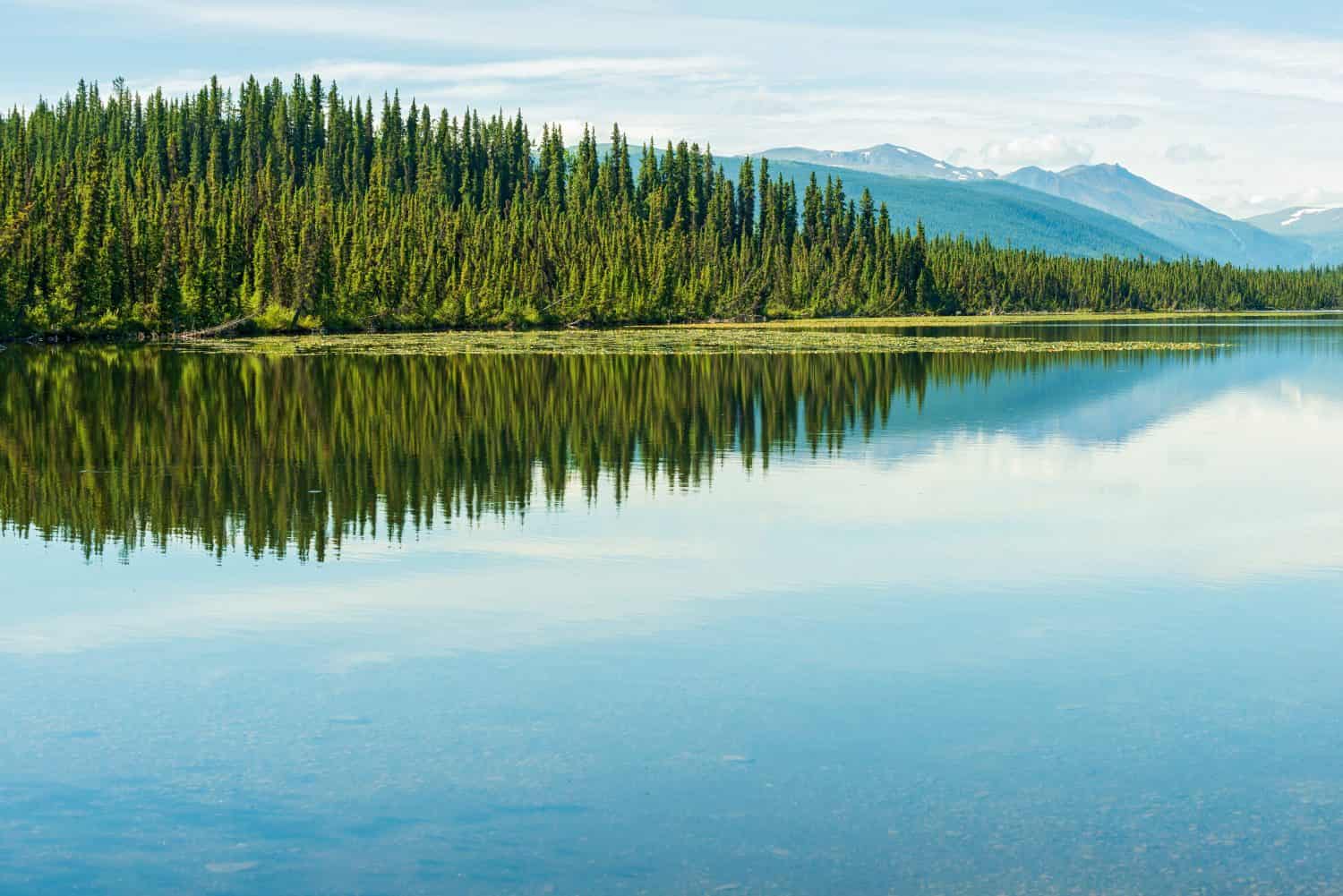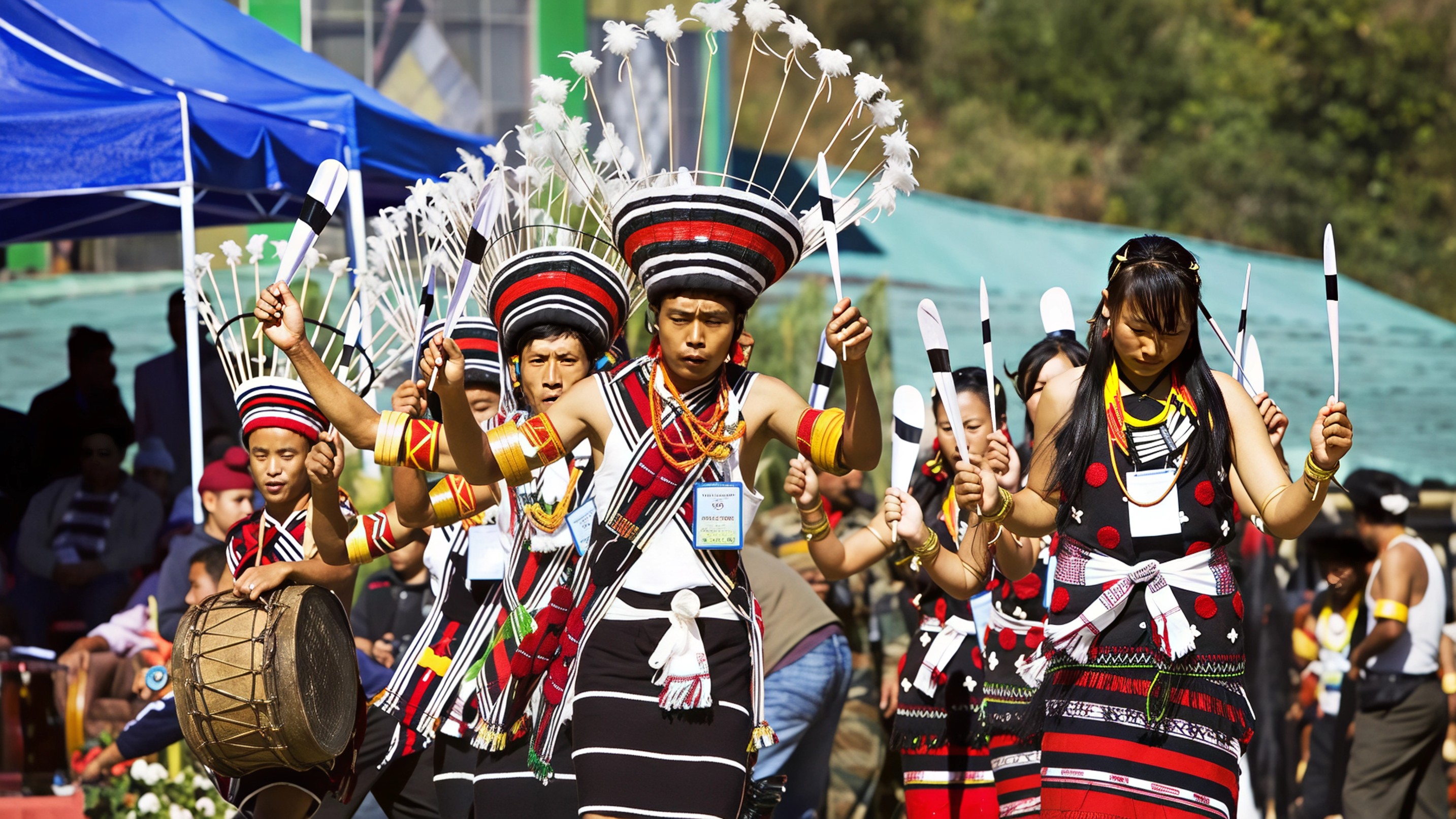1. Lake Manasarovar, Kailash Region
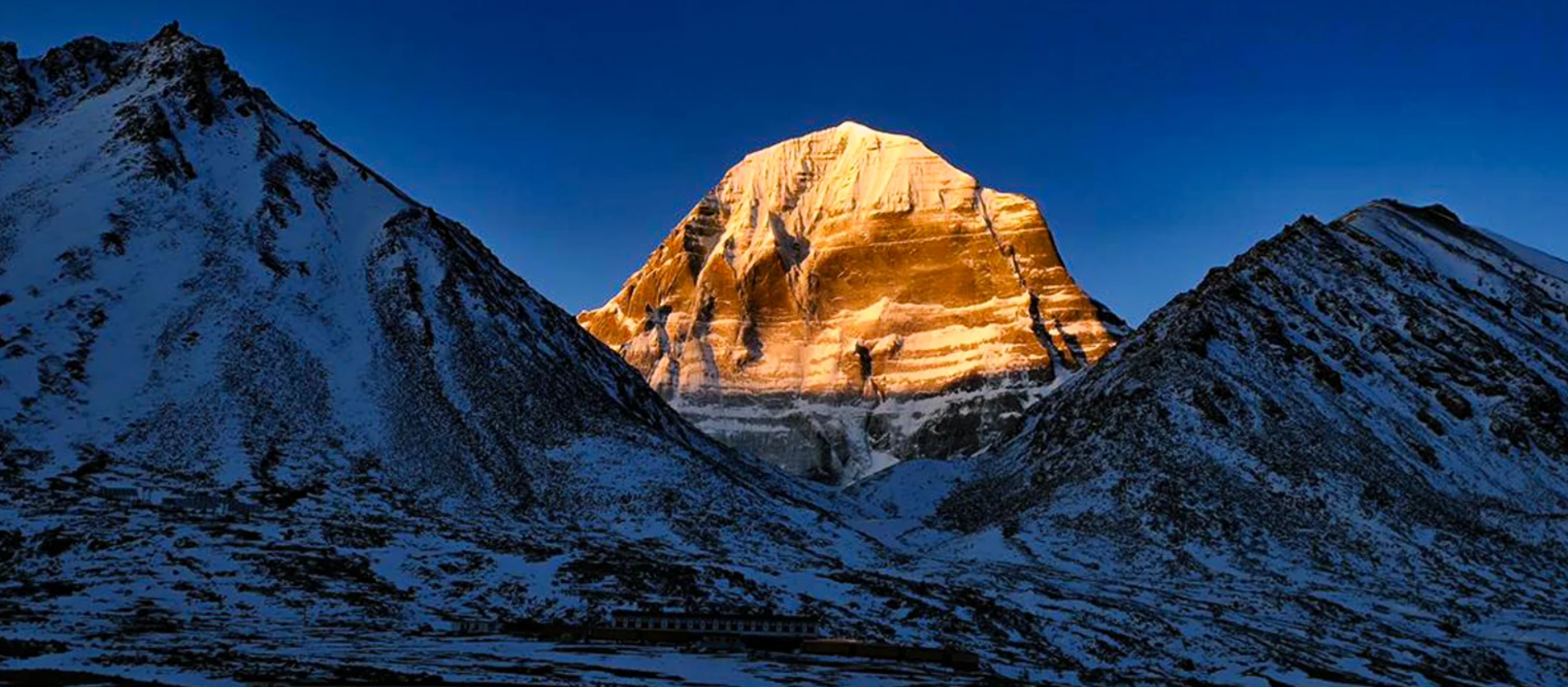
Nestled near Mount Kailash, Lake Manasarovar is considered one of the holiest waters on earth. According to ancient scriptures, it was born from the mind of Lord Brahma, reflecting both the mighty Himalayas and the stillness of creation itself. Pilgrims believe that a single bath in its pristine waters washes away the sins of many births, offering a glimpse of purity beyond the material world. To stand by this lake is to understand that true clarity is not in leaving the world, but in seeing it as it is vast, pure, and eternal.
2. Pushkar Lake, Rajasthan
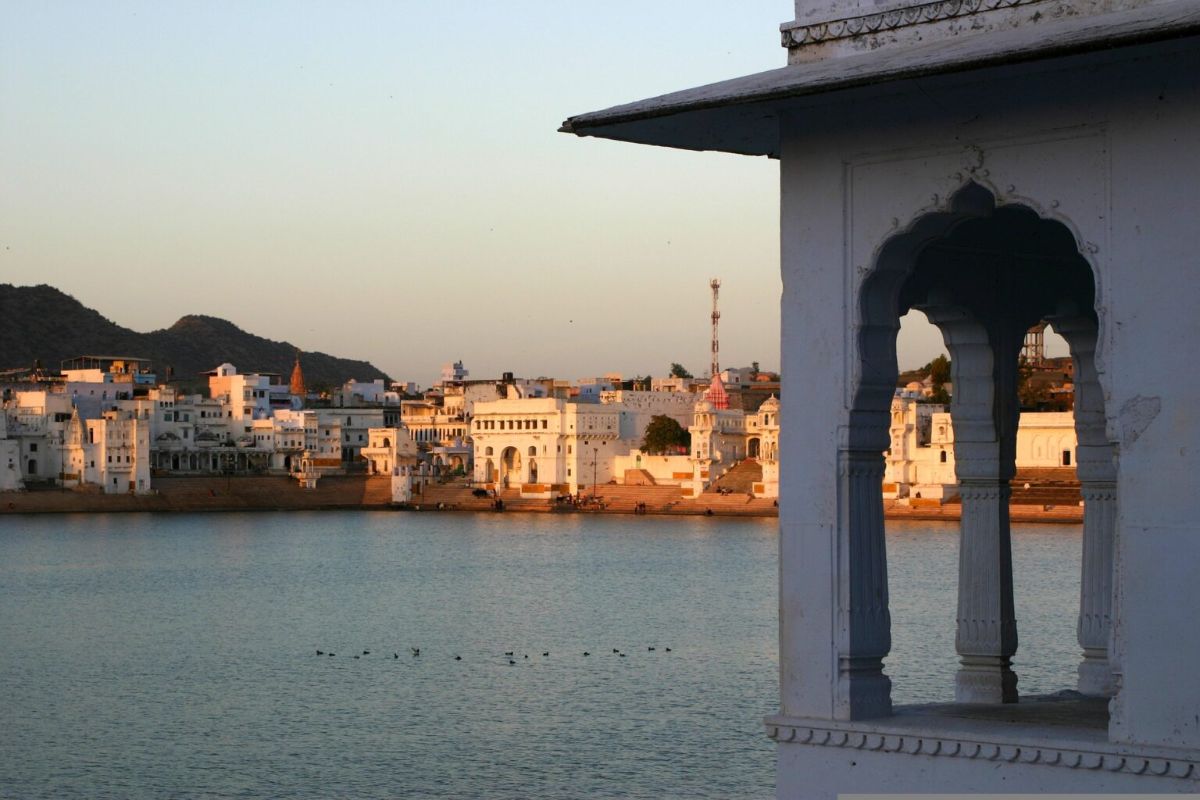
Pushkar Lake is deeply tied to the story of Lord Brahma, who dropped a lotus upon the desert land, giving birth to this sacred waterbody. Devotees believe that bathing here during the holy festival of Kartik Purnima is as powerful as performing great sacrifices. The lake teaches a quiet lesson: sanctity is not about abundance, but about remembrance and devotion. Even in a desert, spirituality can bloom if the heart is open.
3. Pampa Sarovar, Karnataka
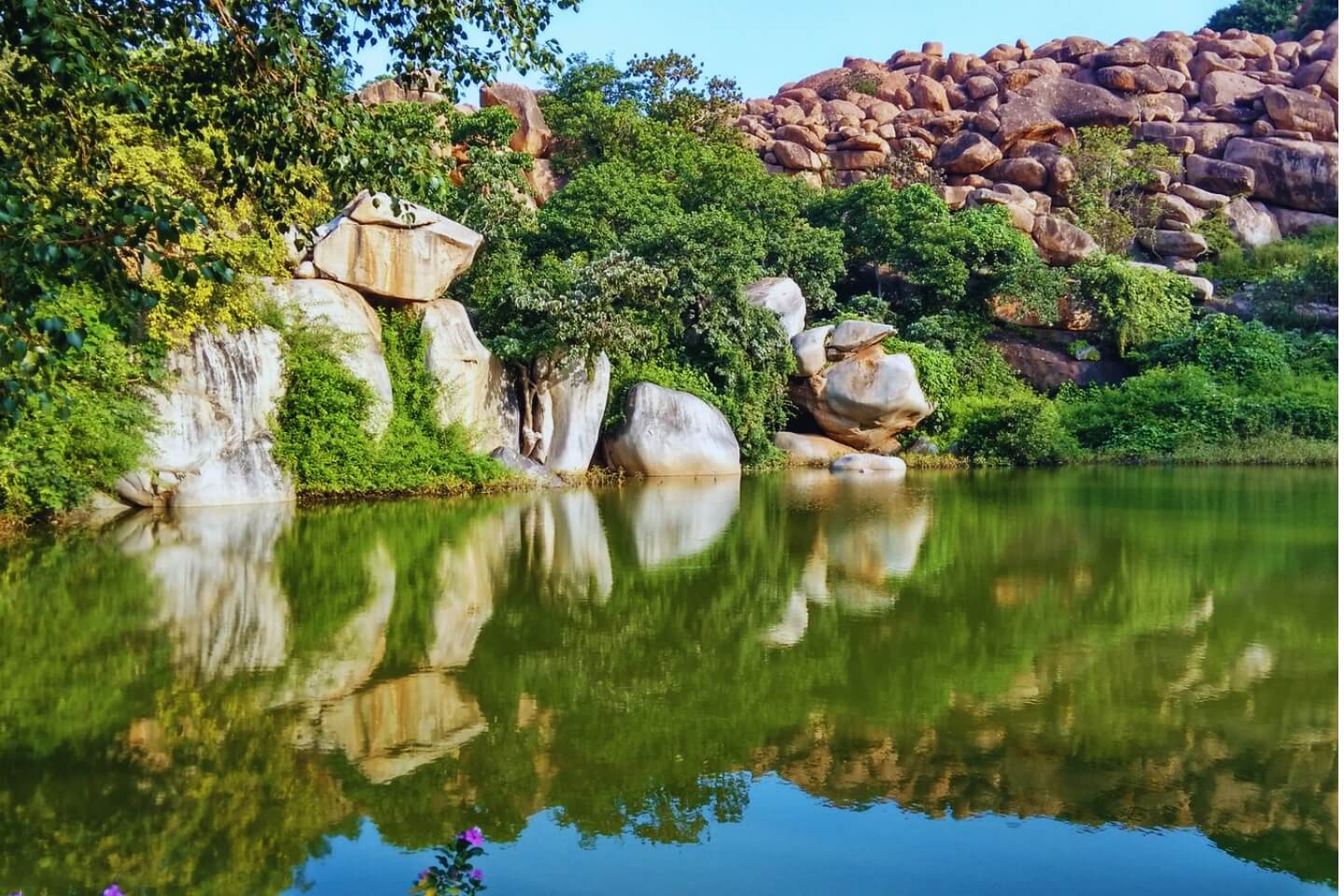
Immortalized in the Ramayana, Pampa Sarovar is where Lord Rama met Shabari, whose humble offering of tasted fruits became a symbol of pure devotion. To bathe here is to honor that truth that the divine does not demand perfection, but sincerity of the heart. The lake reminds pilgrims that liberation is not always about grandeur but can be found in small acts of love and faith.
4. Sannihit Sarovar, Kurukshetra

Located in the historic land of Kurukshetra, Sannihit Sarovar is believed to be the meeting point of seven streams of the Sarasvati River. Bathing here during a new moon or an eclipse is said to equal the merit of great sacrifices like the Ashvamedha Yajna. Symbolically, it represents the merging of countless lives and karmas into one still ocean. Moksha, it teaches, is not escape but union letting everything within us flow into one infinite whole.
5. Manimahesh Lake, Himachal Pradesh
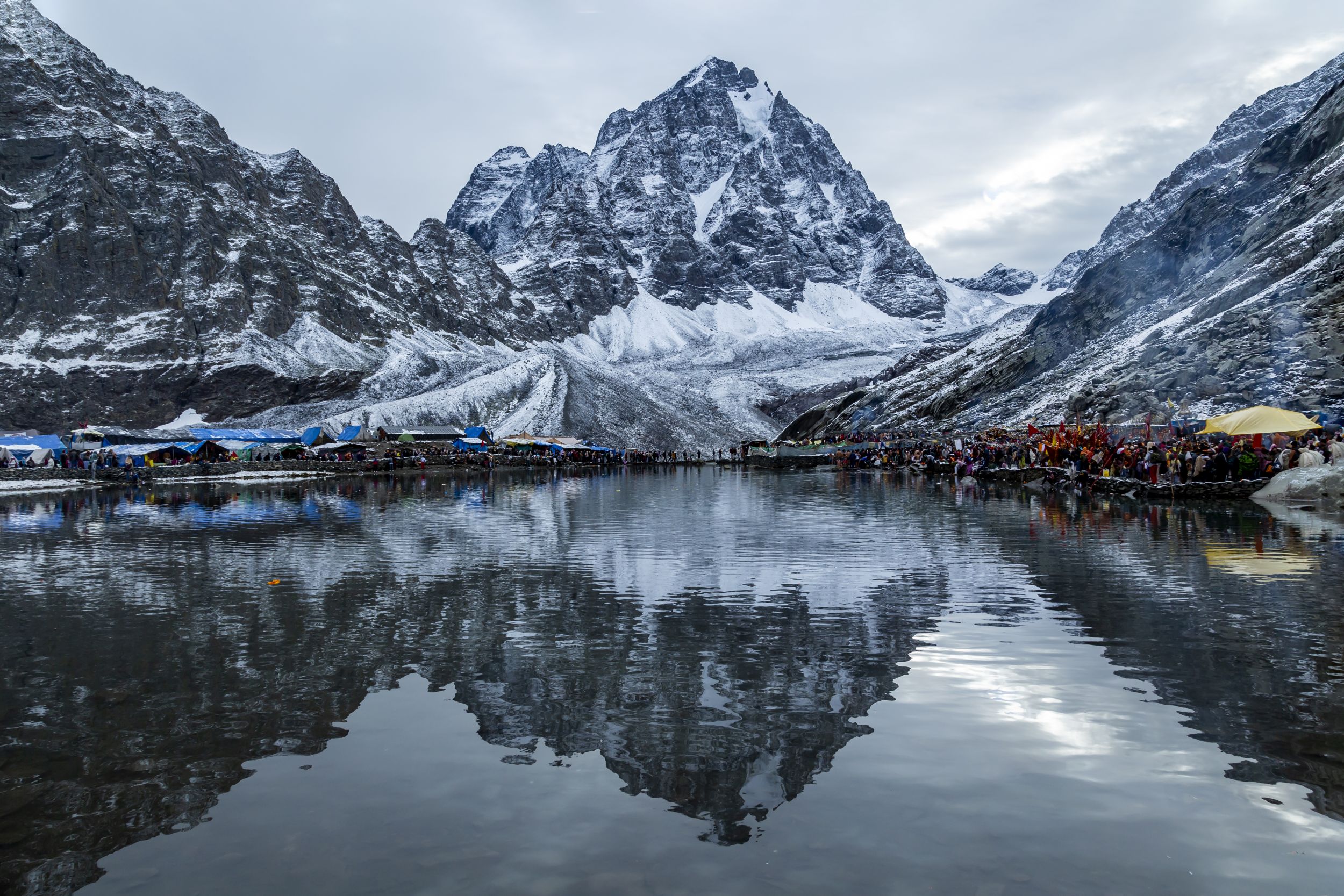
Resting at the feet of Mount Kailash in Himachal, Manimahesh Lake is closely associated with Lord Shiva. Pilgrims believe that one can only reach its icy waters if summoned by Shiva himself. To take a dip here is not about the strength of the body but the surrender of the ego. Liberation is not something earned with effort alone, but something given when we allow ourselves to dissolve like a drop merging with the vast ocean of existence.
The Deeper Wisdom of Sacred Waters
While these sacred lakes are celebrated for their power to grant moksha, the teachings they hold go beyond geography. Manasarovar inspires purity, Pushkar and Pampa teach devotion, Sannihit reflects convergence, and Manimahesh calls for surrender. A bath may cleanse the body, but true liberation comes when faith, humility, and remembrance cleanse the soul.
India’s sacred lakes are more than destinations. They are reminders that liberation does not begin after death, but in the living moment when the mind becomes still, the heart turns simple, and the self flows naturally into the infinite.
Follow Tech Moves on Instagram and Facebook for more stories that connect tradition, technology, and the timeless wisdom shaping our lives today.

